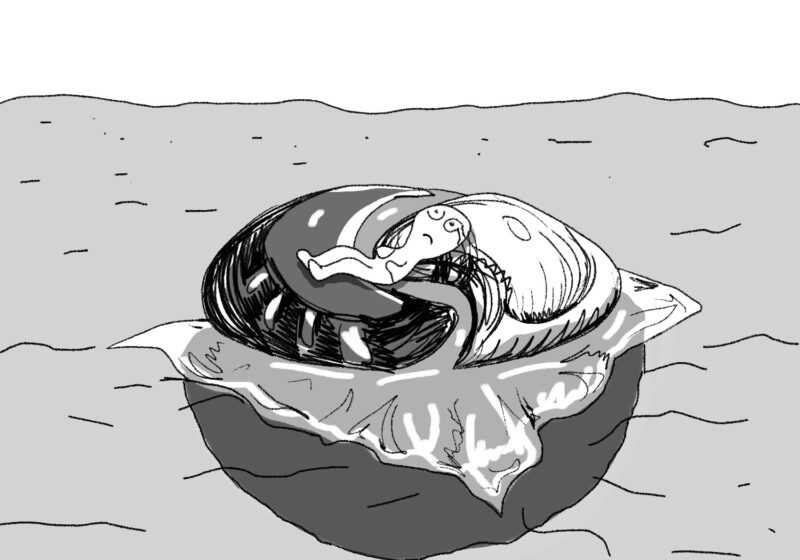If you’re a big fan of “Game of Thrones,” you’ve probably seen all the episodes and read all the books. If you’re a really big fan, you might own some memorabilia and know the characters’ backstories.
But are you really a true fan if you don’t speak Dothraki, or at the very least High Valyrian?
David Peterson, who, in a lecture sponsored by the River Campus Libraries’ Neilly lecture series, spoke to a crowded Hawkins-Carlson room in Rush Rhees on Wednesday evening, is the mind behind these languages.
Peterson is a 35-year old Californian linguist with an extensive history in the community of inventors of constructed languages, or “conlangs” for short. Following in the footsteps of Gene Roddenberry’s Klingon and J.R.R. Tolkien’s Elvish languages, the characters (and perhaps the fans) of today’s most popular high fantasy epic can converse in fictional yet fully fleshed-out languages, complete with their own imagined histories and etymologies.
Dean of River Campus Libraries Mary Ann Mavrinac introduced Peterson, stumbling over the pronunciation of “Dothraki” before ceding the stage to Professor of English Sarah Higley, who elaborated on Peterson’s accomplishments. Peterson, she explained, was the first person to make a living as an inventor of languages, and that he had “dignified the art” of language creation, which for a time was considered a fringe hobby.
Peterson took the stage next, and gave a summary of his work—he has created languages for eight other shows since beginning work on “Game of Thrones”—before launching into an explanation of the linguistic background of the Dothraki language.
Using Old English as an example, Peterson explained the processes by which natural languages evolve, through changes in dialect and meaning. He also gave examples of the formation of slang, including the shortening of words and how this can affect pronunciation.
From there, Peterson walked the audience through the etymology of several Dothraki words, including their conjugations, fictional origins, and meanings. Rather than simply inventing a corresponding Dothraki word for each word in English (a system he derided as just “a stupid way to speak English”), he has constructed an original system of grammar and a unique, imagined history for various words. There are correspondences between words: the Dothraki word for “old woman” is “ghesi,” and the word for “queen” is “khaleesi.” Likewise, the Dothraki word for “dragon” (zhavorsa) is a portmanteau of the words for “lizard” and “burn.” There are slang terms that make their way into the language, just as there are in natural languages: the Dothraki word for “girl” translates to “mushroom” (after the bell-shaped haircuts of young girls).
Throughout the speech, Peterson was upbeat and exuberant. It was clear that he’s doing what he loves, and that the field of “conlangs” (a word that Peterson bragged is now in the Oxford English Dictionary) has come a long way from isolated fans dabbling in language creation for their own entertainment.
From Peterson’s start with “Game of Thrones” to his continued success with a series of science fiction shows, his former hobby is enjoying a golden age of recognition and legitimacy.


